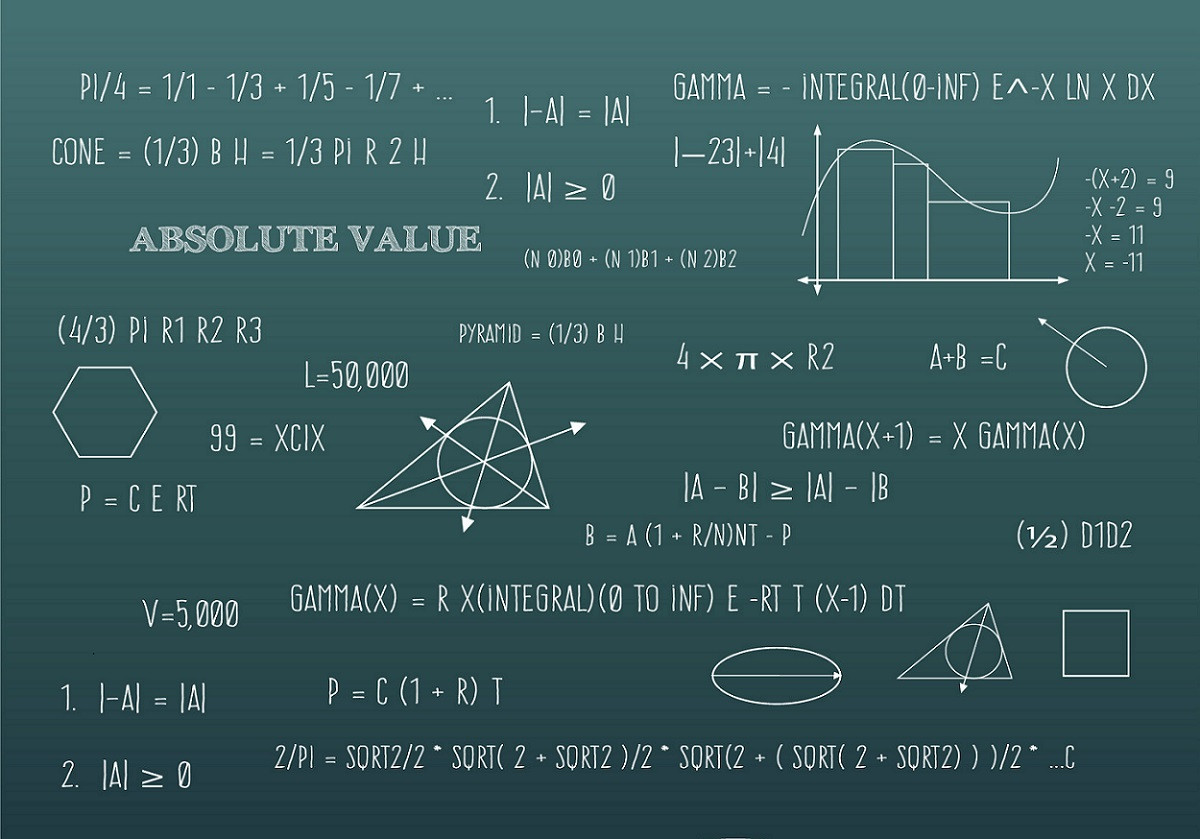Course description
This course caters for students who already possess knowledge of basic mathematical concepts, and who are equipped with the skills needed to apply simple mathematical techniques correctly. The majority of these students will expect to need a sound mathematical background.
The course focuses on introducing important mathematical concepts through the development of mathematical techniques. The intention is to introduce students to these concepts in a comprehensible and coherent way, rather than insisting on the mathematical rigor required for mathematics HL. Students should, wherever possible, apply the mathematical knowledge they have acquired to solve realistic problems set in an appropriate context.
The internally assessed component, the exploration, offers students the opportunity for developing
independence in their mathematical learning. Students are encouraged to take a considered approach to various mathematical activities and to explore different mathematical ideas. The exploration also allows students to work without the time constraints of a written examination and to develop the skills they need for communicating mathematical ideas. This course does not have the depth found in the mathematics HL courses. Students wishing to study subjects with a high degree of mathematical content should therefore opt for a mathematics HL course rather than a mathematics SL course.
Group 5 aims
The aims of all mathematics courses in group 5 are to enable students to:
1. enjoy mathematics, and develop an appreciation of the elegance and power of mathematics
2. develop an understanding of the principles and nature of mathematics
3. communicate clearly and confidently in a variety of contexts
4. develop logical, critical and creative thinking, and patience and persistence in problem-solving
5. employ and refine their powers of abstraction and generalization
6. apply and transfer skills to alternative situations, to other areas of knowledge and to future developments
7. appreciate how developments in technology and mathematics have influenced each other
8. appreciate the moral, social and ethical implications arising from the work of mathematicians and the applications of mathematics
9. appreciate the international dimension in mathematics through an awareness of the universality of mathematics and its multicultural and historical perspectives
10. appreciate the contribution of mathematics to other disciplines, and as a particular “area of knowledge” in the TOK course.
Assessment Objectives
Problem-solving is central to learning mathematics and involves the acquisition of mathematical skills and concepts in a wide range of situations, including non-routine, open-ended and real-world problems. Having followed a DP mathematics SL course, students will be expected to demonstrate the following.
1. Knowledge and understanding: recall, select and use their knowledge of mathematical facts, concepts and techniques in a variety of familiar and unfamiliar contexts.
2. Problem-solving: recall, select and use their knowledge of mathematical skills, results and models in both real and abstract contexts to solve problems.
3. Communication and interpretation: transform common realistic contexts into mathematics; comment on the context; sketch or draw mathematical diagrams, graphs or constructions both on paper and using technology; record methods, solutions and conclusions using standardized notation.
4. Technology: use technology, accurately, appropriately and efficiently both to explore new ideas and to solve problems.
5. Reasoning: construct mathematical arguments through use of precise statements, logical deduction and inference, and by the manipulation of mathematical expressions.
6. Inquiry approaches: investigate unfamiliar situations, both abstract and real-world, involving organizing and analysing information, making conjectures, drawing conclusions and testing their validity.
ATL SKILLS
Throughout the DP mathematics SL course, students are encouraged to develop their understanding of the methodology and practice of the discipline of mathematics. The processes of mathematical inquiry, mathematical modelling and applications and the use of technology are introduced appropriately. These processes are used throughout the course, and not treated in isolation
All topics are compulsory. Students must study all the sub-topics in each of the topics in the syllabus as listed in this guide. Students are also required to be familiar with the topics listed as prior learning.
Course Outline
|
Syllabus component MATH SL
|
Teaching hours
|
|
Topic 1 Algebra |
9 |
|
Topic 2 Functions and equations |
24 |
|
Topic 3 Circular functions and trigonometry |
16
|
|
Topic 4 Vectors |
16 |
|
Topic 5 Statistics and probability |
35 |
|
Topic 6 Calculus |
40 |
|
Mathematical exploration Internal assessment in mathematics SL is an individual exploration. This is a piece of written work that involves investigating an area of mathematics. |
10 |
|
Total teaching hours |
150 |
Assessment outline—SL
(First assessment 2016)
|
Component |
Content |
Overall weighting (%) |
Duration (hours) |
|
|
Paper 1 |
Core Material No access to GDC
|
40 |
2 |
|
|
Paper 2 |
Core Material GDC Required
|
40 |
2 |
|
|
Internal assessment |
Mathematical Exploration |
20 |
10 |
|
